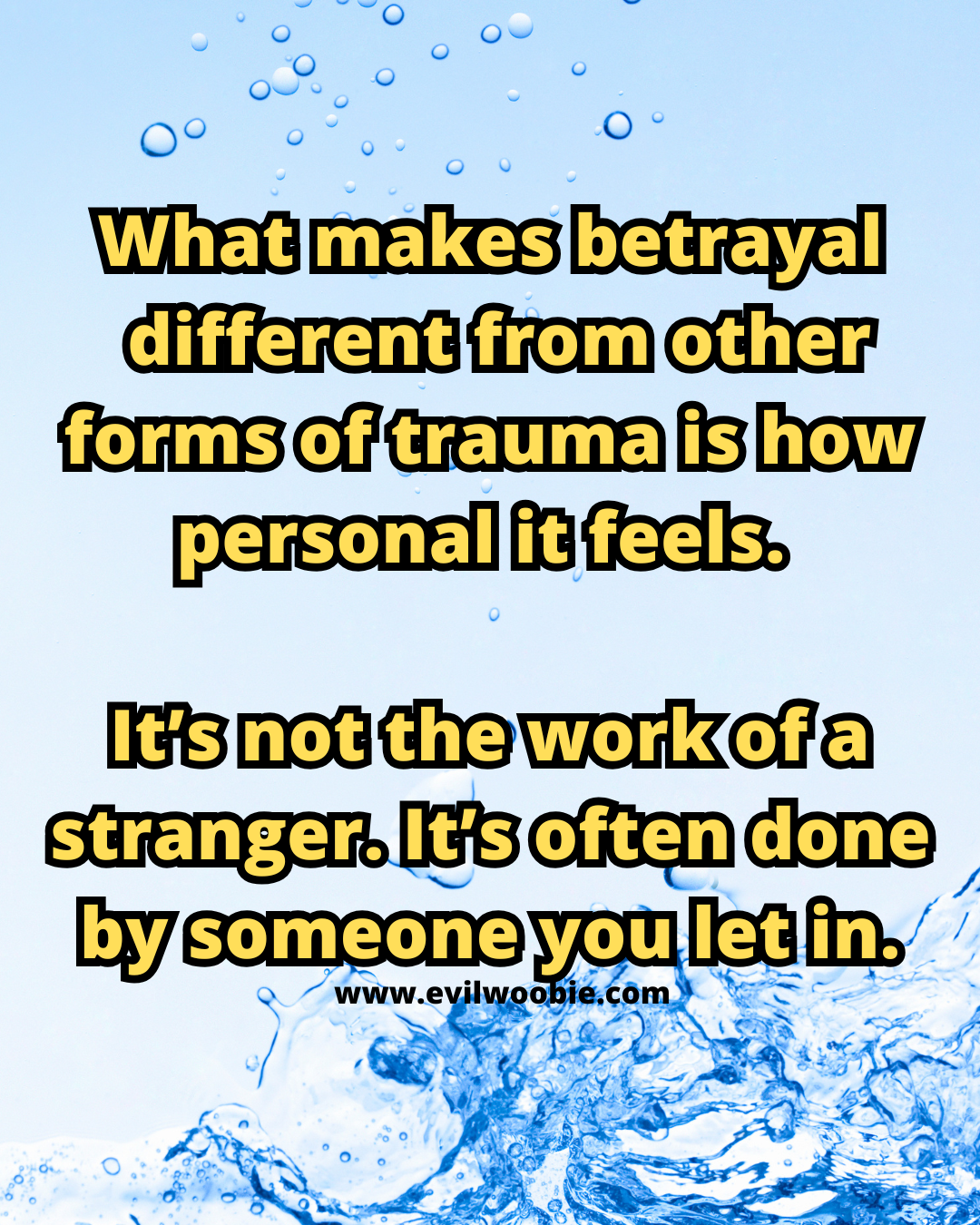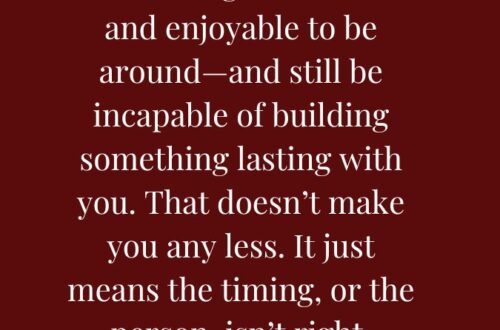Betrayal cuts deeper than most emotional wounds, not because the act itself is always dramatic, but because it strikes at something sacred—trust. When someone you leaned on, believed in, or loved turns around and shatters that connection, it’s not just the relationship that breaks. It’s your sense of safety, stability, and self.
You may feel foolish for not seeing it coming. Or angry for giving someone the key to your inner world. Or numb, as if everything you once believed has evaporated. Betrayal is a quiet kind of violence. It doesn’t leave bruises you can point to, but it changes how you see people—and how you see yourself.
And let’s be honest: this isn’t just about “moving on.” The impact of betrayal runs deep. It can affect how you connect with others, how you interpret affection, and whether or not you let your guard down again. You might start assuming the worst in people or even question your own judgment.
This is normal. But it’s also exhausting.
What makes betrayal different from other forms of trauma is how personal it feels. It’s not the work of a stranger. It’s often done by someone you let in—sometimes deeply. And that’s what makes healing feel so complicated. But even within this pain lies a strange, uncomfortable opportunity.
You are not the same person you were before the betrayal. That version of you was trusting, maybe too much so. But this new version? If you let yourself do the work of healing, of examining what happened without blaming yourself endlessly, you’ll find that your boundaries grow stronger. Your intuition sharpens. You become a little less naive, yes, but far more powerful.
You don’t have to let betrayal be the last word. It doesn’t get to define you. But it can become the chapter where you reclaimed your self-respect, rewrote the rules of connection, and finally—quietly—came back to yourself.
Looking for direction in the chaos? Finding My Purpose: A Soul Searching Workbook by Ruby Galvez is your gentle yet powerful companion on the path to clarity. Through reflective exercises, thought-provoking prompts, and practical steps, it helps you honor your past, uncover your deepest desires, and design a life aligned with your true self. If you’re ready to move from confusion to confidence, this workbook is for you.
Check it out on Amazon.
https://www.amazon.com/Finding-My-Purpose-Searching-Workbook/dp/B0D3LX41GP/





